Commercial insect farming is one of fastest growing markets in Kenya. Projections indicate it will keep growing for the years to come. Rearing insects is an opportunity for profitability and sustainability. As you will see, you can make money, clean the environment and provide human food and animal feed among other benefits.
In this explainer post, you will find out if insect farming in Kenya is a good agriculture business for you. The areas covered in the post include;
Table of Contents- Jump to Section
What is insect farming?
Insect farming is the practice of raising and breeding insects as livestock. It is also known as mini livestock or micro stock. The common insect rearing methods can is a simple duplication of nature, such as holding insects and their food plants or animals in cages or hives. On the other hand, it can be an intensive form of animal husbandry involving investment in agriculture equipment such as greenhouses.
The key reasons behind insect rearing include; using insects as a source of protein for animal feed or even food products for humans. Other uses are using insects for dye, or for the insects’ produce such as silk, honey, lac or insect tea.
Why insect farming?
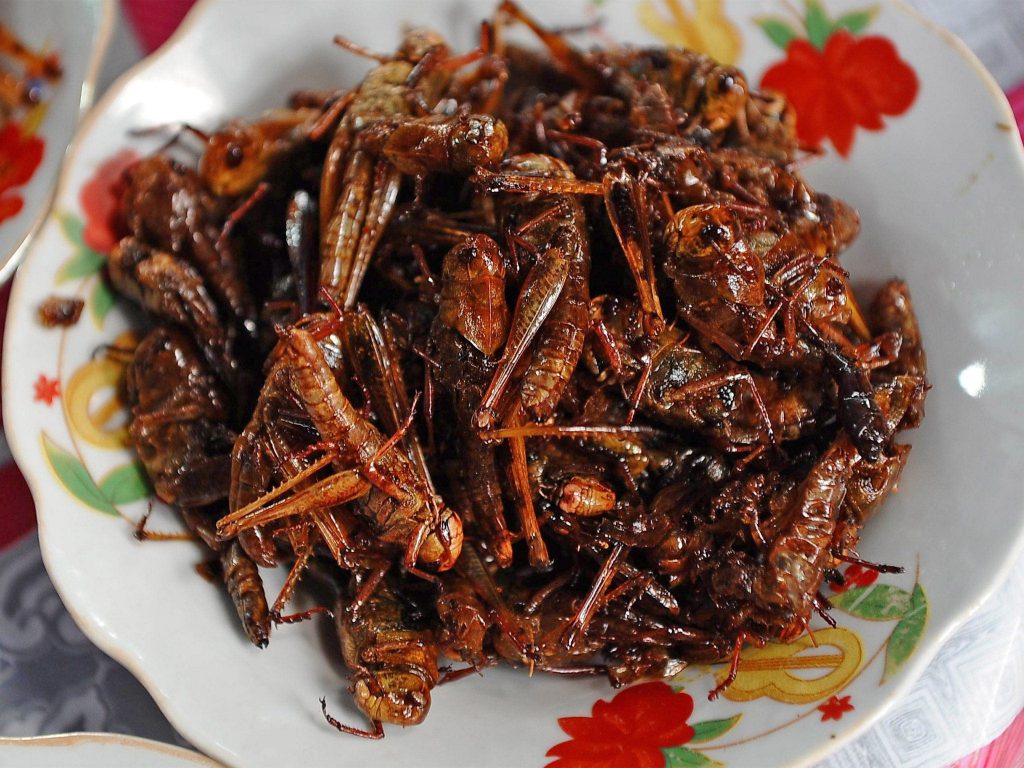
There are a lot of people around the world who eat and farm insects. While majority has harvested them in the wild, insect farming has become a promising and growing agriculture value chain in East Africa. What makes insect farming such a lucrative agribusiness idea? The following are the top benefits of commercial insect farming.
- Nutritional value: Insects are a rich source of protein, minerals, vitamins, and omega-3 fatty acids
- Sustainability; Insect agriculture implies lower greenhouse emissions and hence lower impact on environment.
- Diversification; insect farming is an easy way for you to create a lot more streams of income and new jobs from the conventional traditional agriculture.
- Simplicity; Insects can be farmed in almost any setting. They require less agricultural land or space and other resources making it an ideal idea for women and youth with little access to land. In addition, edible insects farming is a low cost business and the insects are easy to rear.
- Innovative; Exploring entomophagy and insect rearing opens new markets and innovations towards better rearing, harvesting, and processing tools and techniques
Best insects & worms to rear in Kenya
When used as human food, there are about 2100 species which are worldwide consumed by humans. The most popular edible insect species includes the crickets, termites, mealworms, silkworms, grasshoppers, migratory locusts, beetles, caterpillars, ants, bees, etc. In this post, we will give you the ones with the highest demand in Kenya, Uganda & Tanzania.
Honey Bees
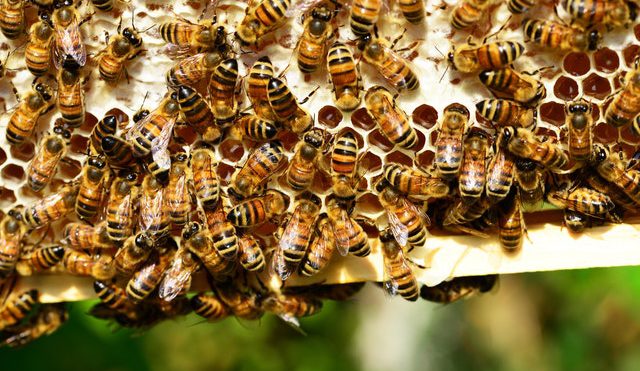
Apiculture or rearing of honey bees is the most common insect farming around the world. Beekeeping involves the managing of bees to obtain their honey, beeswax and other bee products; propolis, royal jelly, pollen, bee venom and bee brood. Bee products are good for both food, medicine and most importantly income generation. Honey especially when its refined or processed fetches farmers a sustainable income.
Read More: Is Bee Keeping Profitable in Kenya?
You can raise either the stingless species or other bee’s species. Looking on reliable resources to succeed in bees farming, look at the following guides on best bee type to keep and a guide on how to start four bee farm
Black soldier flies
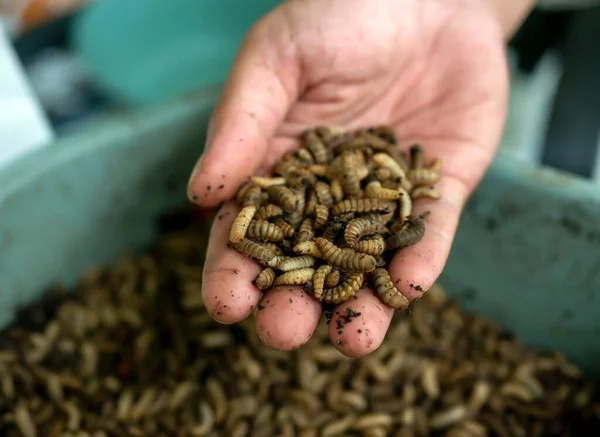
Black soldier flies (BSF) is the another growing insect farming sector in Kenya. The insect is reared for 2 products; insect manure and high protein animal feed. Besides, the insect is an efficient waste recycler that can be used to clean vast quantities of bio wastes such as fruit and vegetable waste from markets, potato peels, beer waste, food waste from food manufacturers, and pig manure.
Read More: Is Black Soldier Fly Farming Profitable in Kenya?
The black soldier fly larvae are high in protein that can be dried, ground or fed to livestock direct. When BSF is fed organic waste, black soldier flies produce nitrogen-rich frass (insect manure) that can be used as a high-performing fertilizer. Studies have shown that the high-protein black soldier fly animal feed increases the animals’ growth rate and the quality of the end product. Its fertilizer too has more yields and income.
- When pigs are fed with BSF, they pigs get to marketable size one and a half to two months earlier.
- Similarly, chickens on BSF diet weigh 800 gm more and appear huge compared to chicken feeding on commercial layers and broilers mash in the market.
- Maize grown on plots treated with BSF frass fertilizer generate 29–44% higher net incomes compared to plots amended with commercial organic fertilizer.
Crickets
Crickets remain the most adopted insect farming for human consumption. The insects contain a higher percentage of pure protein, more grams of protein, less fat, and more fiber than beef, milk, green beans and other comparable favorite foods. A 200 calories meal of cricket meal contains 60-65% of pure protein, 31 grams of protein, 8g fat and 7g fiber.
Wondering how cricket meals are made? There is a wide variety of ways to prepare cricket cuisines. You can have them deep fried, boiled, dry roasted, baked, or even dried and ground into cricket flour, You can incorporate this protein-rich flour into a wide variety of baked dishes.
As an animal feed, crickets are used to feed poultry, livestock and fish
Cockroaches
Cockroach breeding is a huge sector in China where they are bred in large scale. The practice has been growing fast in other regions. Cockroaches are on demand in pharmaceuticals in China who believe the insects can be used to cure stomach, liver and heart ailments. Other uses if the insects are its use as animal feed, getting rid of food waste and interestingly as food for human consumption.
Red Wigglers (earthworms)
The earthworms remain the best choice for vermi-composting operations on your farm. They will consume any form of solid wastes; such as paper, cardboard, sawdust, food scraps and manure into composed manure.
Silkworms
These are the caterpillars of the silk moth. They are raised for the silk which comes from the cocoons of the silk worms. Silk is used to produce a premium or luxurious fiber mainly used in bedding and other textile.
Mealworms
Mealworms, the larvae of darkling beetles (Tenebrio molitor), are among the most popular insects for farming. They are highly nutritious and can convert organic waste into protein efficiently. Mealworms are used not only as livestock feed but also as pet food and fishing bait. Their frass (waste) is a valuable organic fertilizer.
- Superworms: Superworms (Zophobas morio) are larger than mealworms and are known for their high protein content. They can be farmed similarly to mealworms and are often used as feed for reptiles, birds, and fish.
- Lesser Mealworms; The lesser mealworm (Alphitobius diaperinus) is another beetle larvae that can be farmed for similar purposes as mealworms. They thrive on organic waste and can be used in animal feeds.
House Flies
House flies (Musca domestica) can also be farmed for their larvae, which are rich in protein. The larvae can be used as feed for poultry and fish, making them an effective option for waste conversion.
Locusts
Locusts, particularly the desert locust (Schistocerca gregaria), can be farmed for their high protein content. While they are often seen as pests, they can be cultivated under controlled conditions to produce food.
Wax Moths
Greater wax moths (Galleria mellonella) are primarily known for their larvae, which can be used in animal feeds or even processed into health supplements due to their high protein content.
Fruit Flies
Fruit flies (Drosophila melanogaster) can also be cultivated; while they are primarily used in research, their larvae offer a protein source that could potentially be utilized in animal feeds.
Key success tips in insect farming
Insect farming in Kenya is a growing industry early at nascent stages. As such most technologies fit for growing, harvesting and processing the insects is a learning process. To ensure success in the field, we offer following recommendations;
Start small; start a small scale production and gain your learning curve along the way as you expand operations and insect species. This way you are likely to business failure and other risks.
Work with ICIPE from day one. The International Centre of Insect Physiology and Ecology, (ICIPE) offers farmer trainings and free start egg kits. Besides they have quality research and other resources to guide your insect farming journey.
Research, there are new innovations and a lot of resources each day on the internet and out there, if you want to succeed in insect rearing, remain curious by investing in new information
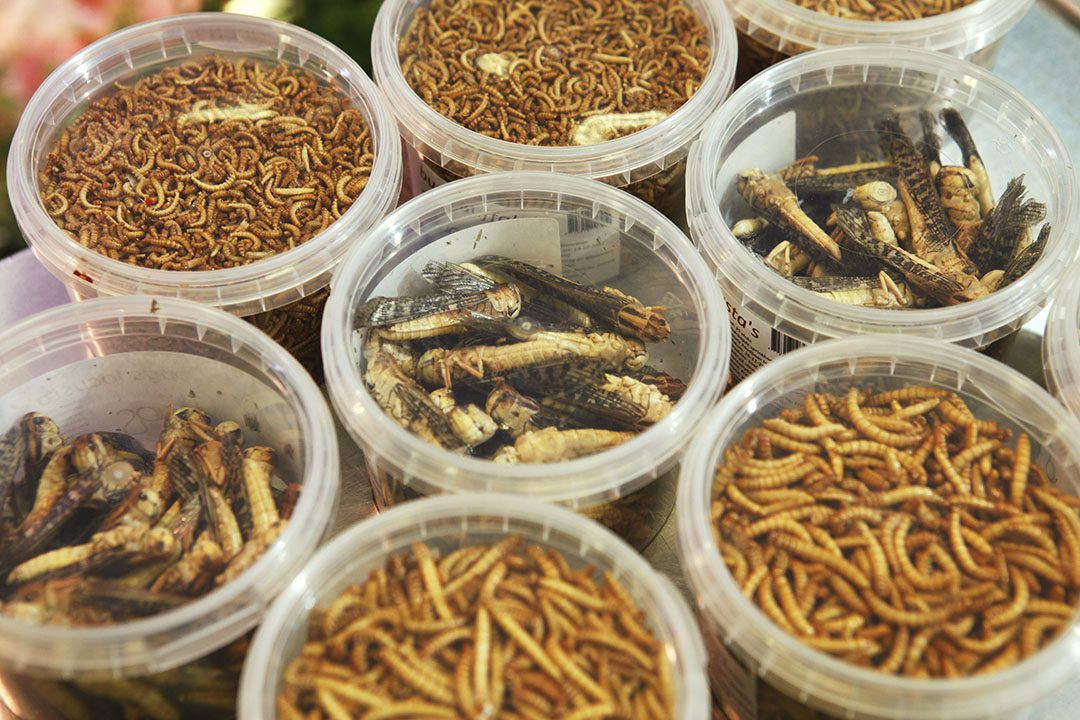
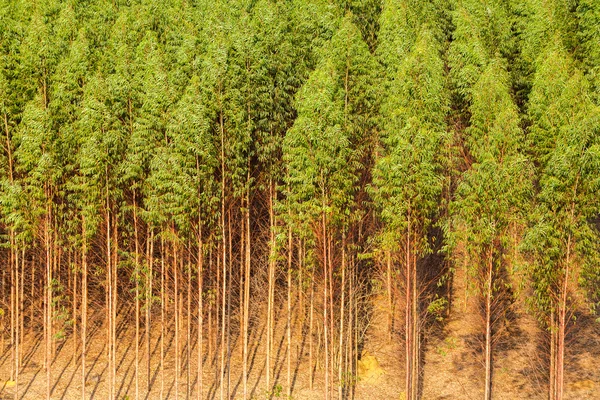
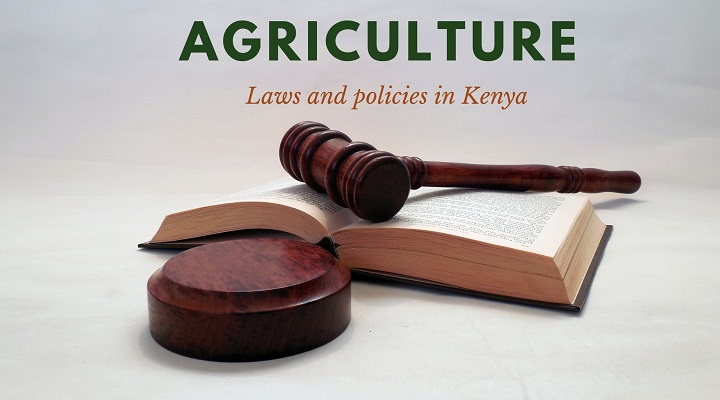

We need a blog on how BSF farming is profitable